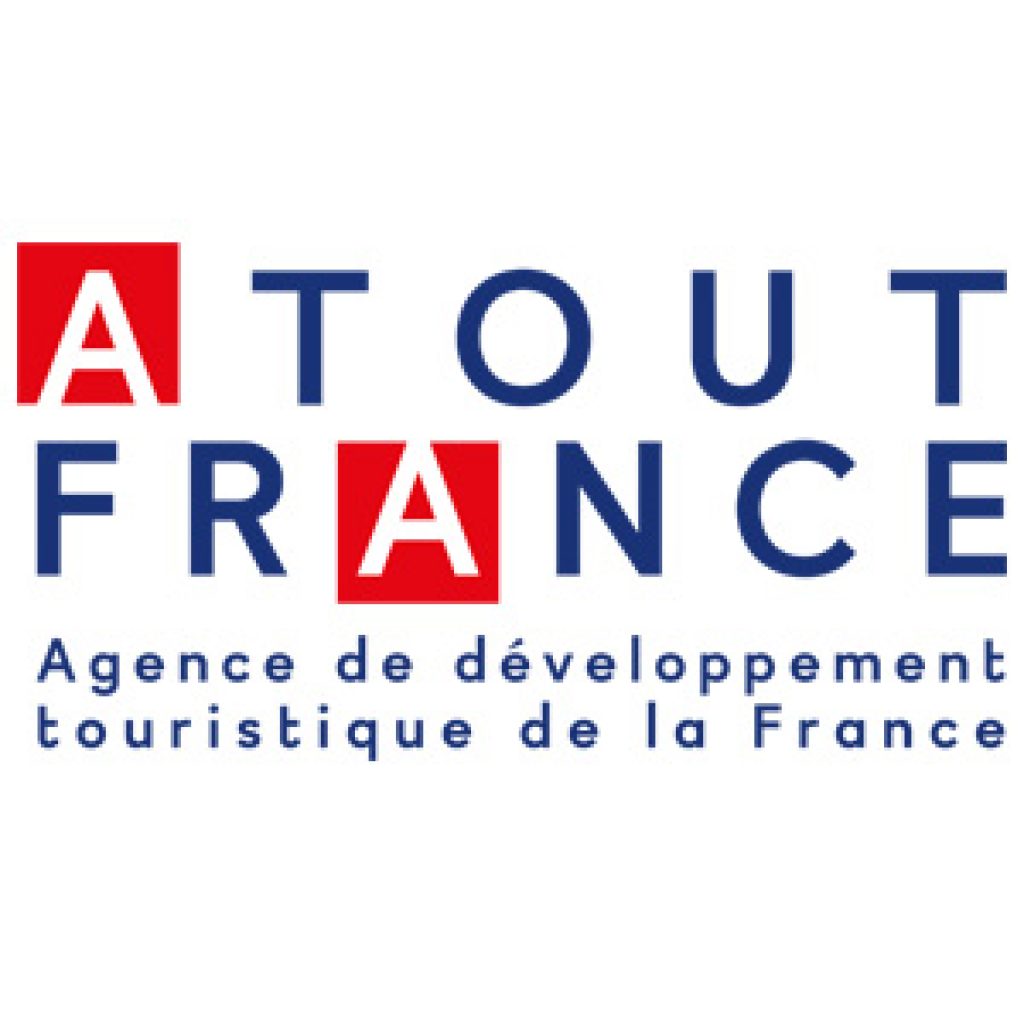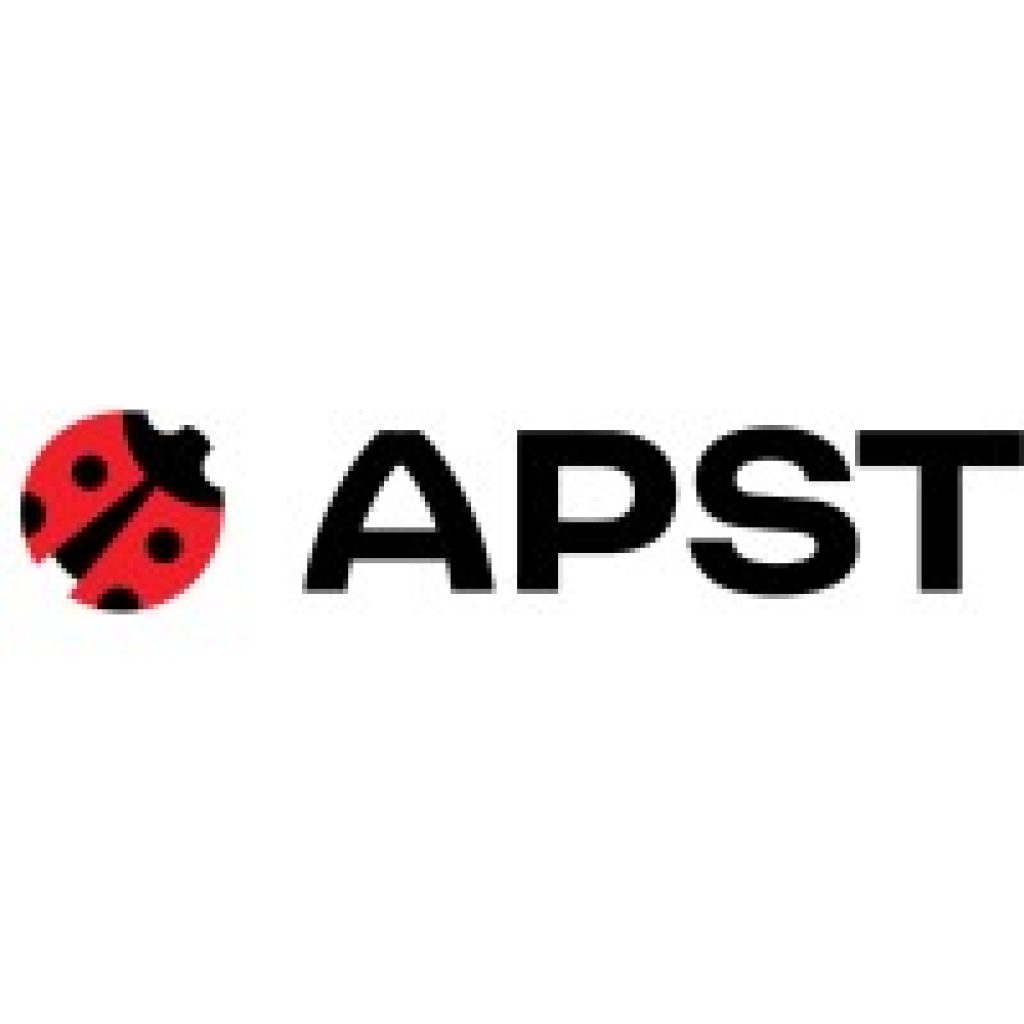FISHING TRIP GUINEA
Overview
Extraordinary fishing in the African sun – a magical experience for any angler. So, if :
-you’re a keen angler, beginner or experienced, and you want to discover excellent fishing spots
-you’re looking for a variety of species and fishing methods
-you like the beach and the sun with a friendly welcome in high-quality accommodation
-you’re alone, in a group of anglers or with your partner
Then this is the destination for you!!!!
Geography
The Bijagos archipelago is part of Guinea Bissau, a small African country wedged between Senegal to the north and Guinea Conakry to the south.
The capital is Bissau and the official language is Portuguese, although French and Creole are also spoken at the lodge.
The archipelago is composed of 88 islands, spans 2624 km 2 and has a population of 30000 inhabitants.
The economy is largely based on agriculture, subsistence fishing and boat-charters for anglers. Several zones of the archipelago are nature reserves and managed by Unesco.
These untouched islands are home to a multitude of wildlife and flora.
The Atlantic tides uncover vast zones between the islands where wading birds come to feed. Manatees, sea otters, crocodiles and marine hippos are also present, especially in the Orango National Park. Antelope, monkeys, anteaters and red-river hogs are the main mammals on the islands and their only predators are the pythons and birds of prey.
The Fish
-Crevalle Jack are excellent on surface lures. They often chase together in large schools causing a frenzy in the water over several meters. They are aggressive, powerful and enduring. Average weight is from 5 to 10 kg and up to 18 to 20 kg for the larger specimen in the Bijagos.
-Barracuda : easy on the lure, can reach 30 kg and more.
-Red Snapper : several varieties are present, including th Dentatus which holds the lodge record at 51 kg, caught surf casting.
-Otolite ; bottom fishing. Up to 10 kg
-Bonito : good fun for light casting. A good bait fish. A wire leader is best
-Cobia : often travel in pairs. Average weight is 10 to 39 kg, rarely more.
-Captain : lures or natural bait are best . Average weight from 3 to 10 kg and sometimes up to 30 kg
-Rays : give a good, long fight which is not always won. They are a protected species and must be release once the photo has been taken
-Nurse shark : This lovely fish can be caught on live or dead bait. They can easily exceed 100 kg and put up a great fight. Protected species.
-Tiger shark : the largest predator in the Bijagos, is fished in specific spots. Big tackle, big bait and big fight! The lodge record is over 700 kg. Photos must be taken while the fish is in the water before cutting the line. Protected species.
-Blue-spotted sea bream : lovely member of the sparid family. Can reach 2 kg and is excellent used as bait for big predators
-Pompano : lovely silvery fish, powerful defence, can be caught on lures or bait. Fish over 10 kg are exceptional.
-Elops : looks like a baby tarpon, good on small lures from 3 to 5 cm. Best bait for bottom fishing.
-and last but not least, the KING TARPON, the fish you don’t talk about until you’ve caught one, the one that stays in your memory for ever…. The huge, silver, combative fish is right here! Record to beat – 130 kg!
Fishing methods
The big advantage here is the choice of techniques.
Whether you’re a beginner or an experienced angler, you can fish from the shore or by boat and, depending on fishing conditions and the advice of your skipper, try your hand at the following :
-surf-casting (by day or by night)
-fly-fishing : popper, fly, streamer
-light-casting : popper, stick bait, spoon, lure
-heavy-casting : popper, stick bait, slider, lure
-jigging – 100 to 300 g
– fine bottom fishing
-hand-lines
-tarpon fishing
-shark-fishing
-trolling
drifting with live or dead-bait fishing
A typical day’s fishing
After a good night’s sleep and a hearty breakfast around 8 am, it’s time to head off. The boats are ready, the sailors have seen to the fuel, navigation and safety equipment. The barman has prepared a coolbox with ice and the drinks you ordered yesterday evening. The cooks have prepared another cool-box with your picnic (if you want to have lunch on an island in the shade of a kapok tree, don’t forget to take a grill, salt, pepper, olive oil and lime! The sailors will be happy to grill the fish you caught in the morning!
Now all you need to do is check that your tackle is on board and at 8.30 or 9 you’re off to the fishing spot decided on the previous evening. For safely reasons, you must inform by radio us of any change of fishing zone.
6 pm already, time to go back. The fishing tackle is rinsed in fresh water, the trophy fish are hung up to be photographed. Drinks are waiting for you at the bar with snacks (red snapper cubes, bonito pâté, etc). After a short meeting about the next day it’s time for dinner. The barman will take orders for next day…
To finish off the evening, you can play cards, prepare tackle or talk…. most of the time about fish!
Have a good night and see you tomorrow!
NB Only a small number of trophy fish may be brought back to the lodge as no-kill is the rule here and it is compulsory for all rays and sharks.
The Dolphin Lodge
Any regular visitor to Guinea Bissau can confirm the excellent reputation enjoyed by the lodge which was one of the first angling centers set up on the Bijagos. It’s ideally located on Bubaque island in the heart of the archipelago and is surrounded by a wall to ensure the security on the premises.
The hotel has 11 rooms in bungalows and traditional apartments. Each room has its own bathroom and toilet and hot water.
Electricity is provided by two generators and there are no power cuts in case of high temperatures.
The water is of good quality and comes from two wells situated on the lodge grounds. To ensure a high-level of hygiene, it is filtered before drinking.
A large straw hut houses the bar and restaurant as well as a lounge area overlooking the sea. The swimming-pool is just a few steps away and a pontoon gives you easy access to the boats, regardless of the tides.
The lodge has high-speed internet access.
A 4X4 vehicle is at your disposal for any trips around Bubaque
Our experienced sailors will guide you during your outings. They know the archipelago and the top spots for fishing very well and will take you to the best places depending on the tides and what species you are fishing. Your safety, satisfaction and fishing success are their main objectives. A boat mechanic is also on hand. The chef, barman, gardener, chambermaids and laundry workers (free laundry service!) will see that you have an unforgettable stay!
Bivouac
In the two-week program you may have the chance to spend a night in bivouac to go surf-casting. Imbone is great for this technique and our bivouac is set up on a safe sandbar just a steps away from the fishing spots. The 300m beach is steep at this point and at night the fish come to feed close to the shore.
Fishing is done when the tide is coming in and you may see a large variety of species : barracuda, snapper, rays, cobia, captain… and the tarpons are not far off – some have been hooked here.
Live bait fishing with small mullet can give good results but a powerful rod with large bait (bonito) will interest the bigger predators much more.
If you’re not used to this type of fishing, rods and tackle will be lent free of charge. We advise you to bring along a head lamp, a change of clothes, a pullover or windcheater and mosquito repellent.
You will be able to have a rest in an individual tent with mattress and sleeping bag. A simple shower with freshwater will be set up close to the camp. Early morning, after breakfast and depending on the tides, you will head off for a day’s fishing – tarpon or , if you prefer, the jacks which abound in these waters.
A permit is necessary here, both for fishing and for the bivouac (extra charge)
You will be in a natural reserve of stunning beauty.
We are looking into other bivouacs to test new fishing spots.
Administrative requirements
French citizens : A passport valid for more than 6 months after return date + visa + yellow fever vaccination.
Visa : Please note that the local authorities may change the terms and cost of the visa at any moment, so you need to check just before you travel. You can get your visa in Bissau or Bubaque (85 euros). You can also get it at the Guinea Bissau embassy before you leave ( 60 euros)
Other nationalities : please check with your embassy or consulate
Health : Vaccination for yellow fever is compulsory and you should bring your vaccination card with you. Anti-malaria treatment is essential and it is advisable to be up to date in your vaccinations for Hepatitis A and B and typoid.
You must have repatriation insurance as there are no modern hospital facilities on the island. An air ambulance can land on Bubaque and take you to Dakar if necessary.
Language spoken : Portuguese is the official language, French and Creole are spoken at the lodge.
Time : One hour difference with France in winter and two in summer ( in winter when it is noon in France, it is 11 am in Guinea
Bissau : in summer when it is noon in France it is 10 am in Guinea Bissau)
Climate : The climate is hot and dry. Novemeber and December are the hottest months with no wind. From January to May, the nights are cooler and winds may be a little troublesome.
Currency : CFA franc. The lodge does not accept cheques or credit cards so you should bring with you the euros you need to pay for any extras. (no ATM on the island)
Electricity : generators. French standards




